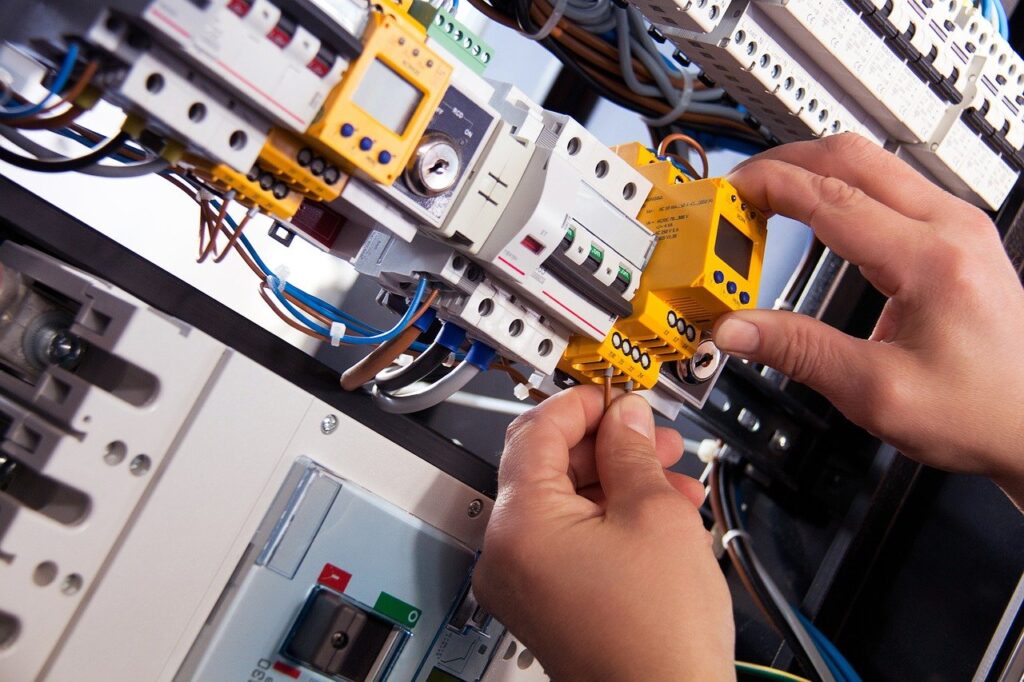Becoming an electrician in 2022: Everything you need to know

Is one of your New Year’s resolutions to learn a new trade? If you’re thinking of becoming an electrician, we’ve got you covered. In this guide, we’ll look at the necessary steps to becoming qualified and how you can work through them to provide a great service.
First steps
There are two primary routes to enter the trade if you’re a budding electrician. For both, you’ll usually need to meet basic criteria first, with entry requirements often asking for at least four GCSEs at A* to C, or 9 to 4 with the recent reformed grading system. With the grades secured, you can apply for either:
- A Diploma course: This is usually undertaken at your local college. Depending on your qualifications and experience, you can choose either the Level 2 or Level 3 Diploma in Electrical Installation.
- An apprenticeship: If you’re interested in pursuing a career as an electrician, it’s possible to find an apprenticeship to get trained up on the job. If you take to the work well, you might be hired for a full-time position once you’ve finished training.
If you’re not confident you’ve got the right qualifications but you’re still set on being an electrician, the Level 2 Diploma in Access to Building Services Engineering could help. This Access course has no formal entry requirements, making it an ideal pre-employment qualification choice if you’re looking for rapid progression.
What’s the difference?
Starting an apprenticeship is the preferred entry method for many budding electricians, but it’s not always easy to find an employer who can take on an apprentice. There are a few different reasons for this, but it also makes places on apprenticeships much more competitive.
Studying for a Diploma qualification gives you a direct route to the right knowledge to start working in the trade, but it could take longer before you’re in a paid position.
After qualifying
If you’ve already qualified as an electrician and you’re looking for work, it could be worth doing some research in your local area. Find out if there’s a high or low demand and see if you know anyone who could give you a helping hand or advice.
Going further and starting your own electrician business could be lucrative, but you’ll want to have a look at protecting yourself and your company first. Public liability insurance for electricians is imperative, in addition to cover for your tools and your own safety.
Wherever you take your new skills, there’s a lot of potential in a career as an electrician – so good luck!






